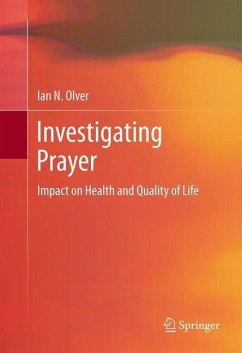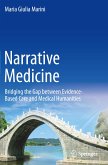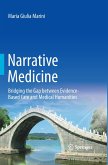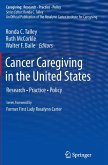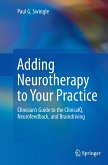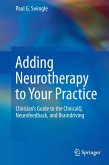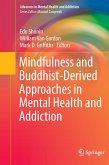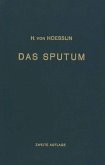This book relates the experience of researching, planning, and conducting a scientific study into intercessory prayer (prayer for others). The purpose of the study was to ascertain whether the impact of prayer could be measured in a formal study, based on the large number of anecdotal reports of efficacy. The study was a prospectively randomized double-blind trial that added prayer by an established Christian prayer group to conventional therapy for cancer. The unique design feature was that the primary endpoint was a change in a validated scale of spiritual well-being. The patients were informed that they were participating in a study about spiritual well-being and quality of life but remained blinded to the intervention. The initial observation from the baseline data was that spiritual well-being made a unique contribution to quality of life. The final outcome of the study was that there was a statistically significant difference in spiritual well-being favoring the prayer group. Thebackground includes a fascinating review of the medical literature on the topic, which contains positive and negative studies that each attracts a vigorous debate about methodology, endpoints, and whether metaphysical phenomena can or should be studied using scientific methodology. The complementary and alternative medicine literature is also equivocal as to whether prayer, arguably the most common complementary medical therapy, should be included in the range of interventions grouped under that heading. In addition to reporting the background and results of the study, the book explores the reactions of a range of individuals to the trial, all of which help reflect on the nature of prayer.
From the reviews:
"This book examines the effect of prayer on quality of life, particularly as a possible complementary or alternative therapy to fight illness. ... the book is easy to read and a good introduction to this subject ... . The book does a good job of exploring this important topic. Many clients are interested in spirituality, so it makes sense to study prayer as a complementary adjunctive treatment to traditional medicine." (Gary B. Kaniuk, Doody's Book Reviews, March, 2013)
"The purpose of this volume is to scientifically study the existence and effects of a spiritual reality ... on the physical health of patients with cancer. The volume also explores various ethical issues associated with scientific research in the spiritual arena ... . this volume is highly recommended as required reading for a wide range of quality of life researchers, students, as well as for members of the general public who share an interest in the book's subject matter." (P. Zanor, Applied Research in Quality of Life, Vol. 8, 2013)
"This book examines the effect of prayer on quality of life, particularly as a possible complementary or alternative therapy to fight illness. ... the book is easy to read and a good introduction to this subject ... . The book does a good job of exploring this important topic. Many clients are interested in spirituality, so it makes sense to study prayer as a complementary adjunctive treatment to traditional medicine." (Gary B. Kaniuk, Doody's Book Reviews, March, 2013)
"The purpose of this volume is to scientifically study the existence and effects of a spiritual reality ... on the physical health of patients with cancer. The volume also explores various ethical issues associated with scientific research in the spiritual arena ... . this volume is highly recommended as required reading for a wide range of quality of life researchers, students, as well as for members of the general public who share an interest in the book's subject matter." (P. Zanor, Applied Research in Quality of Life, Vol. 8, 2013)

